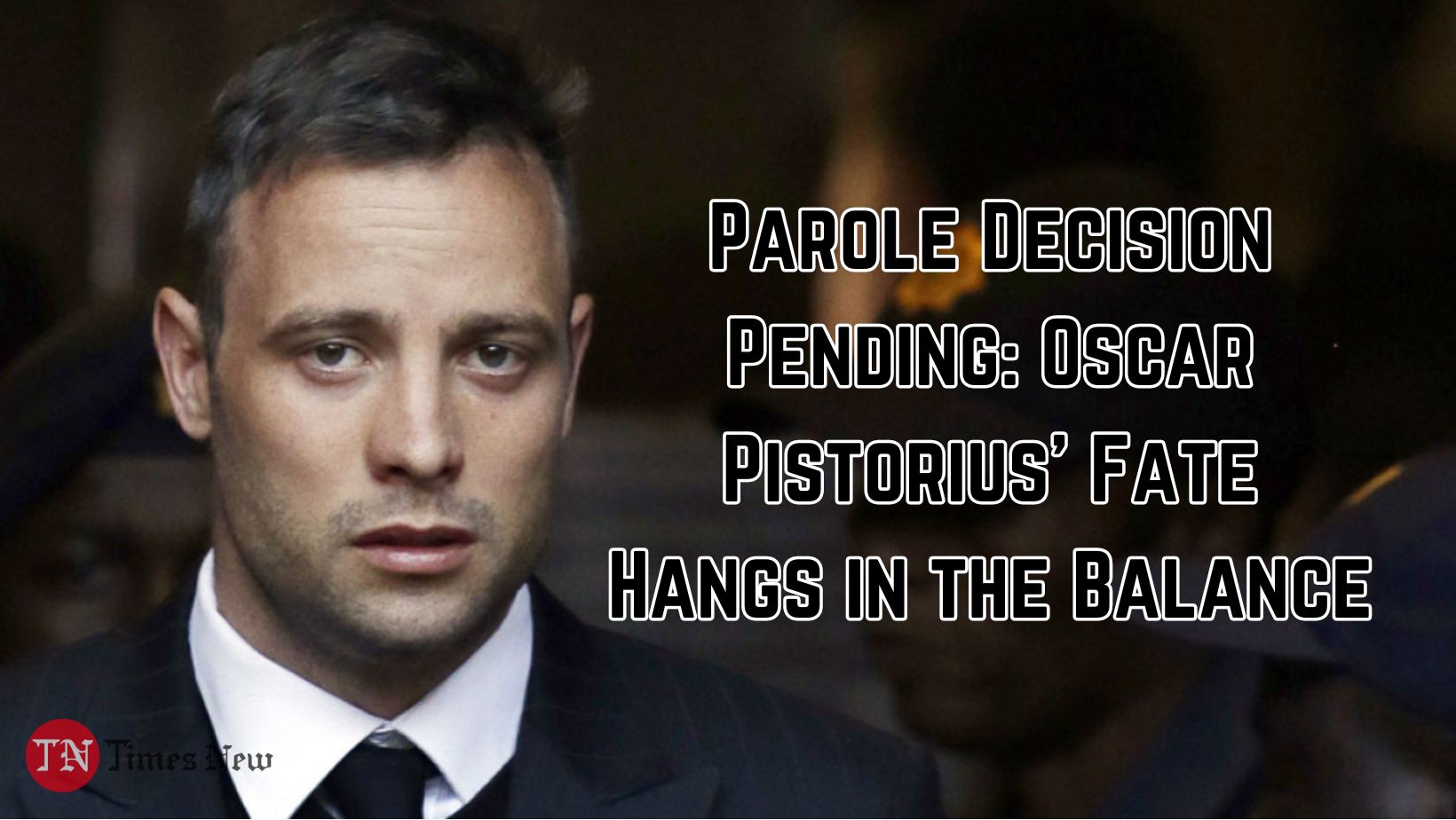
The South African parole board convened on Friday to weigh the fate of former Paralympic gold medalist Oscar Pistorius, a decade after the tragic shooting of his girlfriend, Reeva Steenkamp, on Valentine’s Day in 2013. Pistorius, known as the “Blade Runner” for his carbon-fiber prosthetic legs, has been serving a 13-year and five-month sentence for Steenkamp’s murder. The decision hinged on various factors, including his conduct in prison, educational endeavors, mental and physical well-being, risk of reoffending, and the potential threat to society.
Amidst global attention, Pistorius maintained his stance that the shooting was a grave mistake, believing Steenkamp to be an intruder. Despite his plea, he was convicted of murder after an appeal overturned an initial culpable homicide ruling. The televised 2014 trial gripped audiences worldwide as prosecutors argued their case. The parole board’s decision, while anticipated to lean towards parole, may involve varied durations before actual release, spanning from hours to weeks post-decision.
If granted parole, Pistorius would conclude his sentence at his uncle’s residence in Pretoria, as per prior inspections by social workers. Parole terms in South Africa vary but might include electronic monitoring and restrictions on profiting from media engagements about his imprisonment. Although Steenkamp’s mother, June, wasn’t anticipated to address the board directly, a representative was set to present a family impact statement. The family has voiced opposition to Pistorius’s release, emphasizing the necessity for an acknowledgment of deliberate wrongdoing to demonstrate genuine remorse.
The decision around Pistorius’s parole marks a turning point in a story that once highlighted his athletic achievements, notably his groundbreaking participation in the London Olympics as the first double amputee to compete against able-bodied sprinters.
Pic Courtesy: google/ images are subject to copyright









